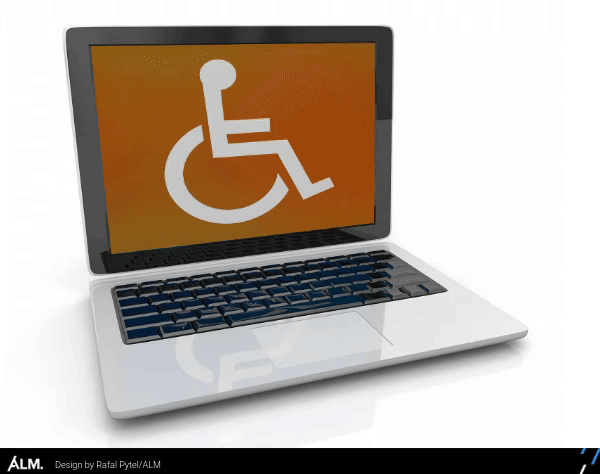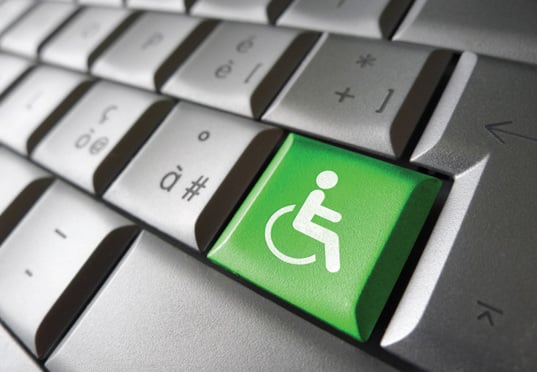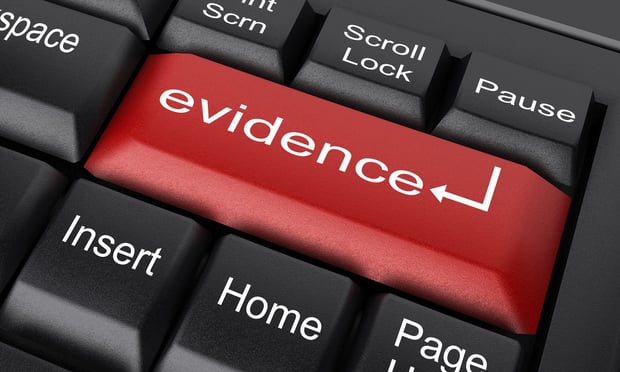Mark S Sidoti

May 15, 2023 | New York Law Journal
Do Self-Appointed 'Tester' Plaintiffs Have Standing to Sue Under the ADA?The U.S. Supreme Court's decision could have significant ramifications for ADA litigation that has been wildly proliferating in the Second Circuit and elsewhere for the past decade.
By Mark S. Sidoti and Daniel S. Weinberger
10 minute read
April 12, 2019 | New Jersey Law Journal
Best Practices for Managing More Efficient and Accurate Document ReviewsThe purpose of this article is to take a step back from the swirling complexities of modern litigation discovery and provide an overview of the basics of the document review process.
By Mark S. Sidoti and Caroline E. Oks
11 minute read

March 08, 2019 | New York Law Journal
Practical Strategies for Defending ADA Website Accessibility ClaimsDefense of ADA website claims calls for a very practical approach, undergirded by an in-depth knowledge of defenses that are likely to prevail and those that are no longer viable. This article discusses the current state of the law and focus on practical strategies for resolving ADA website claims.
By Mark S. Sidoti
11 minute read

April 12, 2018 | New Jersey Law Journal
Has 'Inherent Authority' Survived Amended Rule 37(e)?A look at where the Third Circuit stands on spoliation of electronic evidence
By Mark S. Sidoti and Joshua S. Levy
9 minute read

March 20, 2017 | New York Law Journal
Navigating Website Accessibility ClaimsMitchell Boyarsky, Mark S. Sidoti and Ahmed J. Kassim write: In 2016, more than 250 lawsuits were filed against companies, primarily in the retail, hospitality, and financial services industries, alleging that the companies' websites were inaccessible to disabled users. The exposure in these cases entails not only an injunction, but also defense costs and award of the claimants' attorney fees. Accordingly, it is important for businesses and defense counsel to understand the need for ADA website accessibility and strategies to mitigate exposure.
By Mark S. Sidoti, Mitchell Boyarsky and Ahmed J. Kassim
17 minute read

February 06, 2017 | New York Law Journal
Big Data and Artificial Intelligence: Implications for E-Discovery's FutureMark S. Sidoti and Luis J. Diaz of Gibbons write: Artificial intelligence will revolutionize the field of e-discovery, and to some degree the practice of law, in the years to come. But the law will always remain a social science, and while AI can assist practitioners in identifying relevant evidence in a case, it cannot do this without constant training and refinement by competent lawyers, and it will never replace the skill and judgment of a lawyer in utilizing that evidence in advocacy.
By Mark S. Sidoti and Luis J. Diaz
16 minute read

October 05, 2010 | Law.com
How Private Is Facebook Under the SCA?As online messaging services become more prominent, it is important to understand the extent to which the Stored Communications Act protects private communication and data on social networking and webmail sites, say Gibbons attorneys Mark S. Sidoti, Philip J. Duffy and Paul E. Asfendis.
By Mark S. Sidoti, Philip J. Duffy and Paul E. Asfendis
12 minute read

February 01, 2008 | New Jersey Law Journal
Drafting the Electronic Communication PolicyRecent cases offer lessons for employers regarding how to implement an effective electronic communication policy.
By Mark S. Sidoti and Kristin D. Sostowski
9 minute read

October 09, 2009 | Law.com
E-Discovery Issues With Digital VoicemailBusinesses considering the implementation of new digital voicemail systems should evaluate their effect on the company's e-discovery obligations to preserve, search for and disclose data relevant to litigation or investigation, say Gibbons lawyers Marc S. Sidoti and Paul E. Asfendis.
By Mark S. Sidoti and Paul E. Asfendis
12 minute read
October 05, 2009 | New York Law Journal
Please Stop Speaking After the Tone…Mark S. Sidoti, a director at Gibbons, and Paul E. Asfendis, an associate at the firm, write: Modern companies are presented with many options for generating, receiving, storing, retrieving and disposing of electronic business communications. Perhaps nowhere is the progression of technology more evident than in the context of voicemail. Where voicemail messages were once stored on analog tapes, many organizations now utilize digital technology, and some opt for "unified" technology in which a company's telephone and computer systems are integrated. Not surprisingly, such advances raise a number of e-discovery issues. Businesses considering implementation of new voicemail technology should evaluate the effect, if any, that implementation will have on the company's obligations to preserve, search for, and disclose relevant voicemail messages.
By Mark S. Sidoti and Paul E. Asfendis
12 minute read
Trending Stories
- 1How ‘Bilateral Tapping’ Can Help with Stress and Anxiety
- 2How Law Firms Can Make Business Services a Performance Champion
- 3'Digital Mindset': Hogan Lovells' New Global Managing Partner for Digitalization
- 4Silk Road Founder Ross Ulbricht Has New York Sentence Pardoned by Trump
- 5Settlement Allows Spouses of U.S. Citizens to Reopen Removal Proceedings



